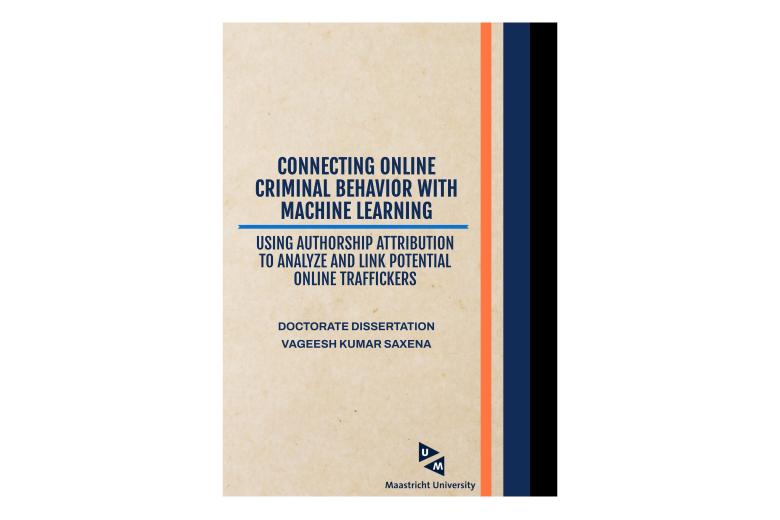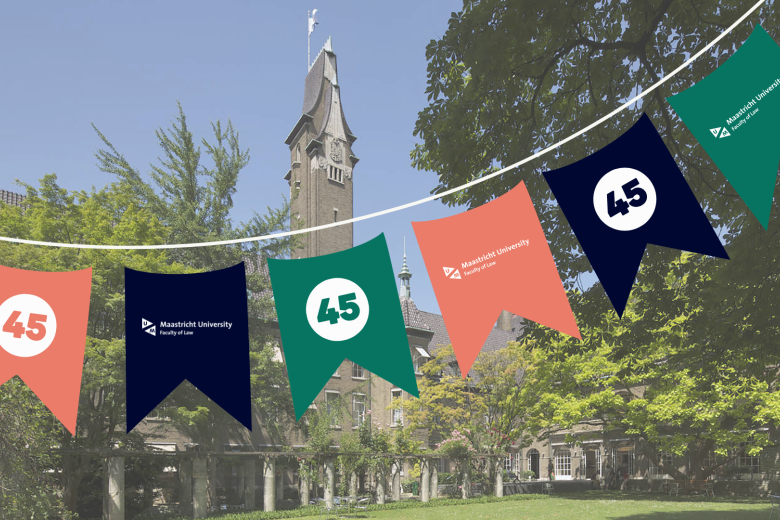Taxation of passive investment income in tax treaties between developing and developed countries
The aim of this doctoral thesis is to determine whether the criteria / principles which govern the treatment of passive investment income in double taxation conventions (DTCs) between developing and developed countries are effective and appropriate for the interests of developing countries.
This research was conducted in a period totally overwhelmed by the concept of tax abuse, and therefore, cross-border erosion of countries’ tax bases. In that context and taking into consideration that I am strongly if not doggedly motivated to understand the underlying justification of the principles that history and society impose on us as natural truths, I exerted great effort to think out of the box regarding diagnostics, reality, and potential solutions. Moreover, the effort expended to avoid being influenced by the ideological pressure that international organizations have historically put on developing countries. The analysis and outcome travelled a unique route, granting independence in the intent of collaborating not only with developing but also with developed countries by offering fresh concepts that could help in the challenging task of grant fairness in DTCs between developing and developed countries. This was done with the understanding that, at least for developing countries, DTCs must help in the route to development.
Also read
-
Connecting Online Criminal Behavior with Machine Learning: Using Authorship Attribution to Analyze and Link Potential Online Traffickers
PhD thesis by Vageesh Saxena
-
Faculty of Law celebrates 45th anniversary
In 2026, the Faculty of Law at Maastricht University will celebrate its 45th anniversary.
-
Contribute to a Voice for Children in Conflict Areas
Dr Marieke Hopman and Guleid Jama are launching a new research project on the role of children in peacebuilding in conflict areas.